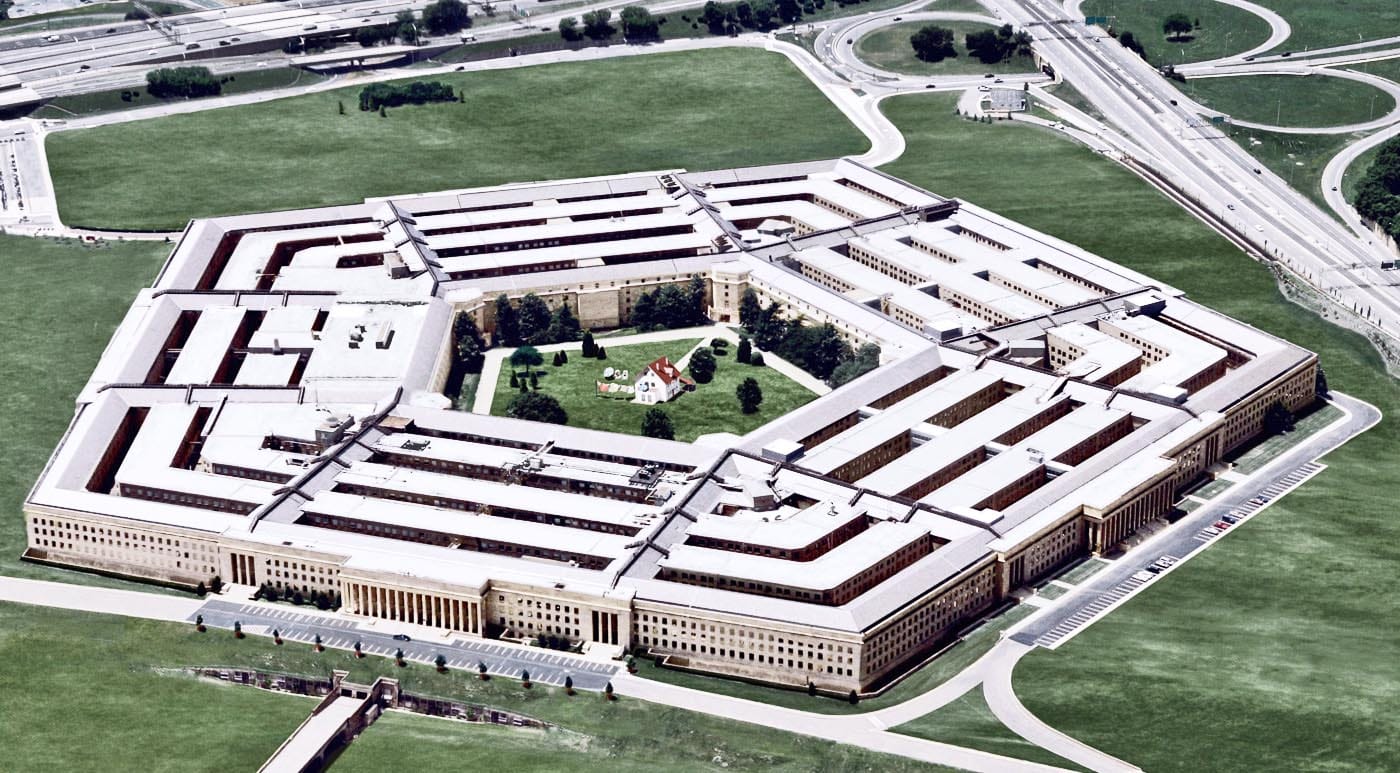The Pentagon’s decision to remove General Mark Milley, the highest-ranking military officer in the United States, from his US security detail and security clearance has sent shockwaves through the nation’s political and military landscape. This unprecedented action, shrouded in a veil of secrecy, has ignited a firestorm of speculation and debate about the reasons behind it and its potential ramifications for the future of US military leadership.
While the Pentagon has remained tight-lipped about the specifics, sources close to the investigation suggest that Milley’s actions and communications, particularly surrounding the chaotic withdrawal of US troops from Afghanistan in 2021, are at the heart of this matter. The investigation, which has been ongoing for several months, is reportedly examining Milley’s private conversations with Chinese counterparts, his role in the strategic planning and execution of the withdrawal, and his public statements regarding the potential for a prolonged conflict in Afghanistan.
Milley’s position as Chairman of the Joint Chiefs of Staff, a role he has held since 2019, grants him unparalleled access to classified information and influence over the nation’s military operations. His removal from both his security detail and security clearance signifies a serious breach of trust and a potential threat to national security, according to some analysts.
The decision to strip Milley of these privileges is widely seen as a significant escalation in the scrutiny of his actions and a clear indication that the investigations into his conduct are reaching a crucial juncture. This move has raised questions about the independence and impartiality of the Pentagon’s internal investigations and the potential for political influence to sway the outcome of the probe.
The lack of transparency surrounding the investigation has only fueled speculation and deepened the divide between those who defend Milley’s actions and those who believe he has crossed a line. Some argue that Milley’s communications with Chinese officials were necessary to de-escalate tensions during a volatile period and that his actions were in the best interests of national security. Others contend that his attempts to engage with foreign adversaries without proper authorization and his handling of the Afghanistan withdrawal were reckless and detrimental to US interests.
The outcome of the investigations and the potential consequences for Milley remain uncertain. However, the Pentagon’s decision to remove him from his security detail and clearance has undoubtedly sent a powerful message about the seriousness of the allegations against him and the potential for severe repercussions for those who violate the trust placed in them by the American people.



